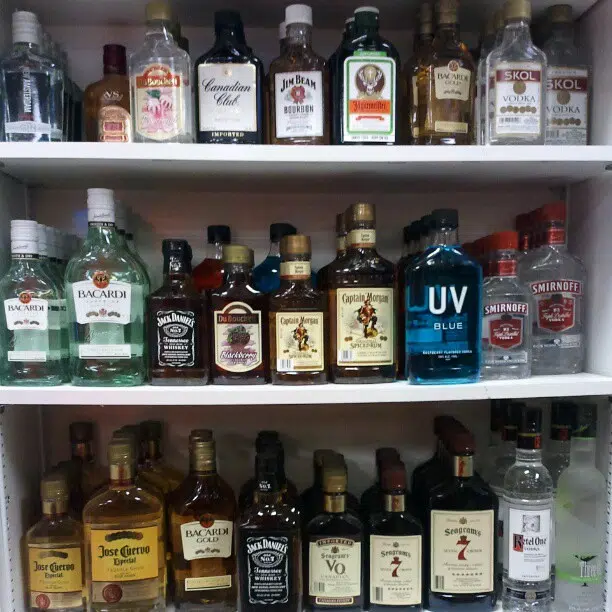ANTIGONISH, Nova Scotia, Canada — The Campus Alcohol Policy Project (CAPP), led by Dr. Kara Thompson, Director of the SHEA (Substance Use & Health in Emerging Adulthood) lab and Associate Professor of Psychology at StFX, has undertaken a comprehensive assessment of alcohol policies in 12 Atlantic Canadian universities. This initiative, funded by Research Nova Scotia through a New Health Investigator Award to Dr. Thompson, aimed to scrutinize these policies against best practices in light of recent developments concerning alcohol use in Canada.
“Concerns about alcohol use and its harms have been top of mind in 2023 with the release of Canada’s new guidance on alcohol and health, and the CAPE 3.0 findings,” noted Thompson. “Young adults are the heaviest consumers of alcohol, and universities play an important role in shaping the culture around alcohol on their campuses. Our goal was to give campuses the tools they need to strengthen their alcohol policies and reduce student drinking and harm.”
Today, the SHEA lab unveiled a detailed report that examines how these campuses are faring in 10 different policy domains, including Availability and Access, Advertising and Sponsorship, Harm Reduction, Pricing, Campus Services, Bar and Event Practices, Community Action, Leadership and Surveillance, Health and Safety Messages, and Enforcement.
This study closely follows the methodology employed by the Canadian Alcohol Policy Evaluation Project (CAPE), which assessed provincial and territorial alcohol policies. The project involved the creation of an evidence-based scoring rubric, the collection of relevant policy data from across campuses, and the scoring of campuses based on their performance in these 10 policy domains. The project also relied on campus stakeholders to validate the data and ensure its accuracy. Each of the 12 campuses will receive a detailed report card outlining their specific policy strengths and areas for improvement.
The results reveal that the average campus alcohol policy scored only 33% out of 100%, with the highest policy score reaching 49% and the lowest at 15%. The report offers customized recommendations to help campuses enhance their scores and reinforce their policies in each of the 10 domains.
Dr. Thompson emphasized that higher scores are attainable, and while individual scores currently remain low, a model campus implementing the best policies in place across the 12 campuses would score 74%. Campuses are encouraged to collaborate and share these best practices to collectively bolster their campus alcohol policies in support of student health.
Stefan Leslie, CEO of Research Nova Scotia, remarked, “The New Health Investigator Grant supports early-career health researchers who focus on the efficient and effective delivery of healthcare to Nova Scotians. Issues surrounding alcohol use on Nova Scotia campuses continue to be debated, and ongoing research in this area will ultimately lead to improved approaches.”
For the full report, visit www.shealab.ca, where detailed insights into the evaluation are available for further exploration.









